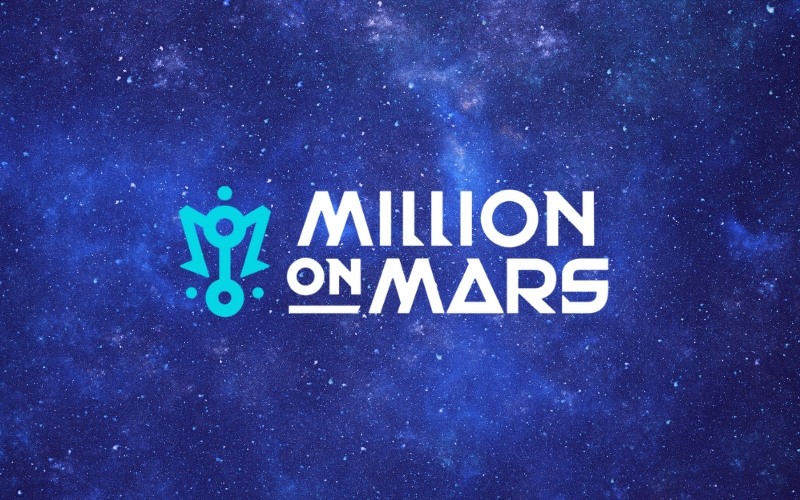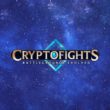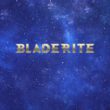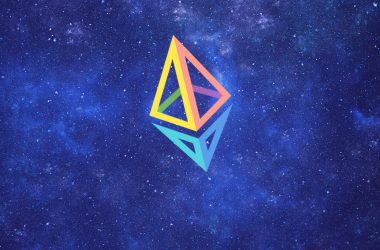- Million on Mars is a game aiming to build an internal economy.
- Scavenge or take up in-game jobs to earn DUSK.
- Cashing out of DUSK tokens brings a progressive withdrawal tax to discourage big players from diluting the market.
Million on Mars is a quest and sandbox game based on Martian colonization. The game is based on WAX network, making it a Web3 project where the blockchain element is integrated and with low fees. Million on Mars offers a mix of exploration, resource gameplay, job quests or building Mars Rovers to sell to other players.
Million on Mars is an immediate survival economy, where players need to invest time and gain access to food. Having boosted and maximized their Stamina stat, players can then mine for Martial resources.
Players Pick Between Scavenger Missions and Jobs
Ice and Regolith, the main resources, can be exchanged for DUSK tokens through the marketplace. The game also allows for a Scavenger Sale, receiving less DUSK but with a quick exchange within the game.
Million on Mars still requires both a registration and a WAX wallet, to connect the game identity to the blockchain. Players can then choose to earn by scavenging, or by picking jobs to grind and produce for other players. Within the game, players bid a price for each job, which must also be matched by skill stats and levels.
Millions on Mars is also gaining popularity fast, leading to recent scam attempts. Players must be aware of wallet safety and never share their password or secret phrase for the WAX identity.
The game team is also not selling NFT aggressively, and will not solicit users directly. However, players can choose between crafting their own Buildings, and buying buildings that are impossible to craft. Genesis buildings contain rare items only available as pre-produced NFT.
Millions on Mars also links the total potential game earnings to the overall game usage. Players can earn DUSK, but cashing out is another matter. The more DUSK is withdrawn, the bigger the withdrawal tax. This is to prevent whales from dumping on the market, as 50% of their DUSK can be taken as tax. Small batches of 500 DUSK incur only 10% tax, with progressive growth.










